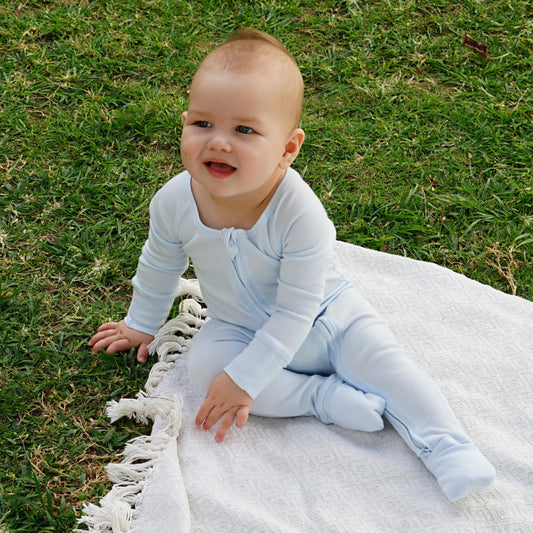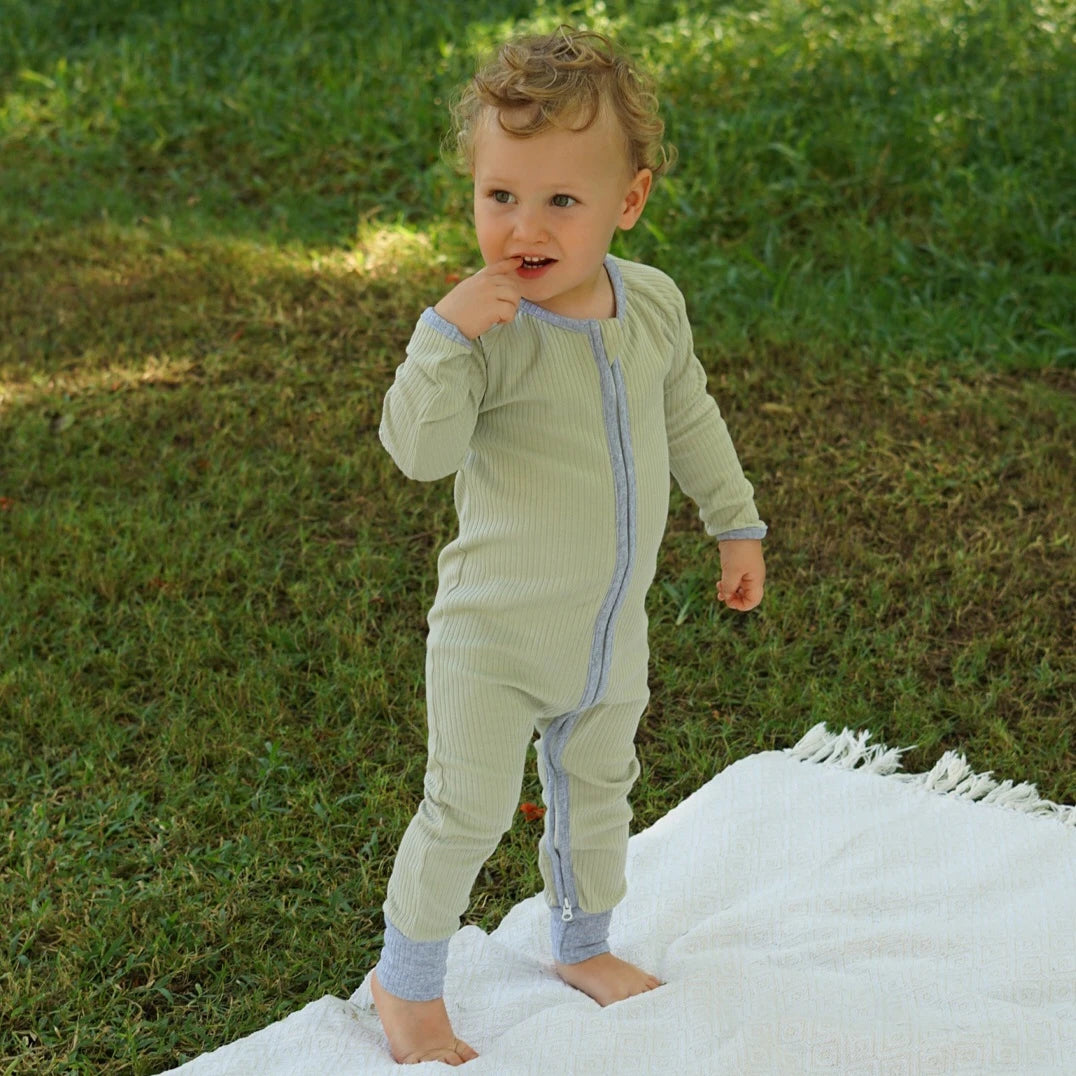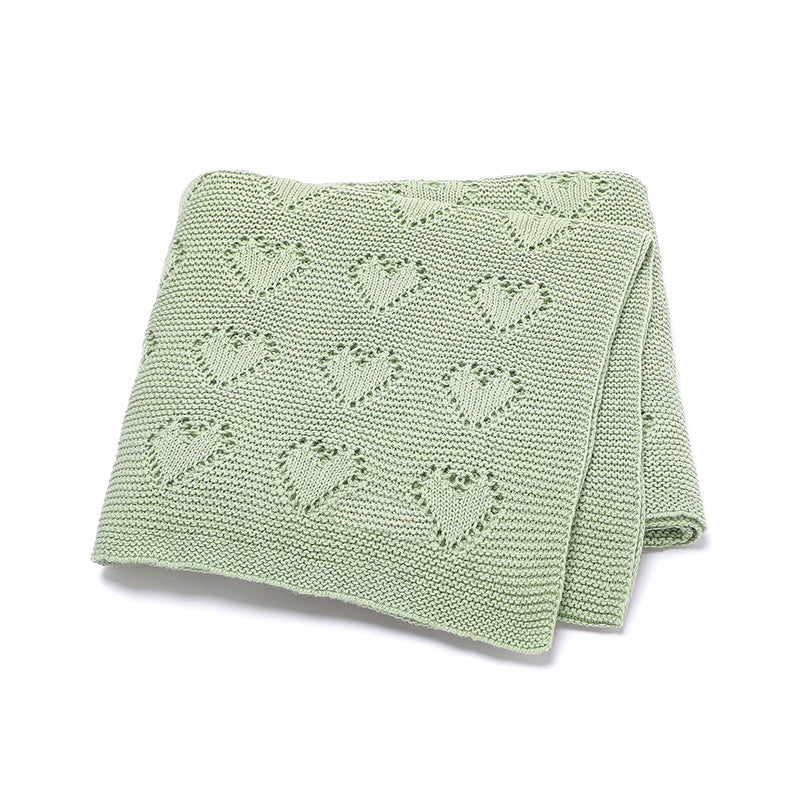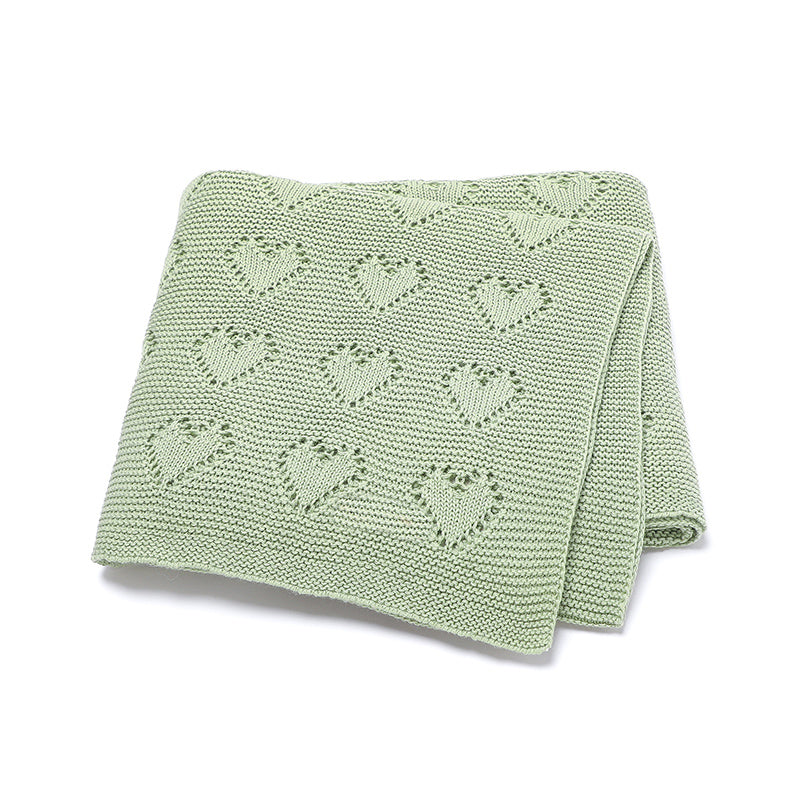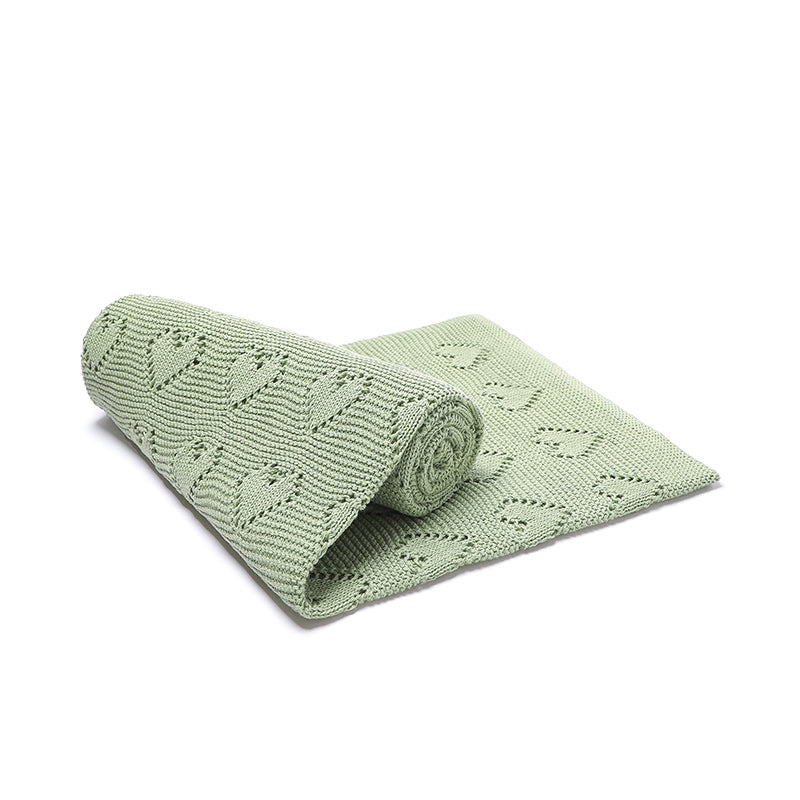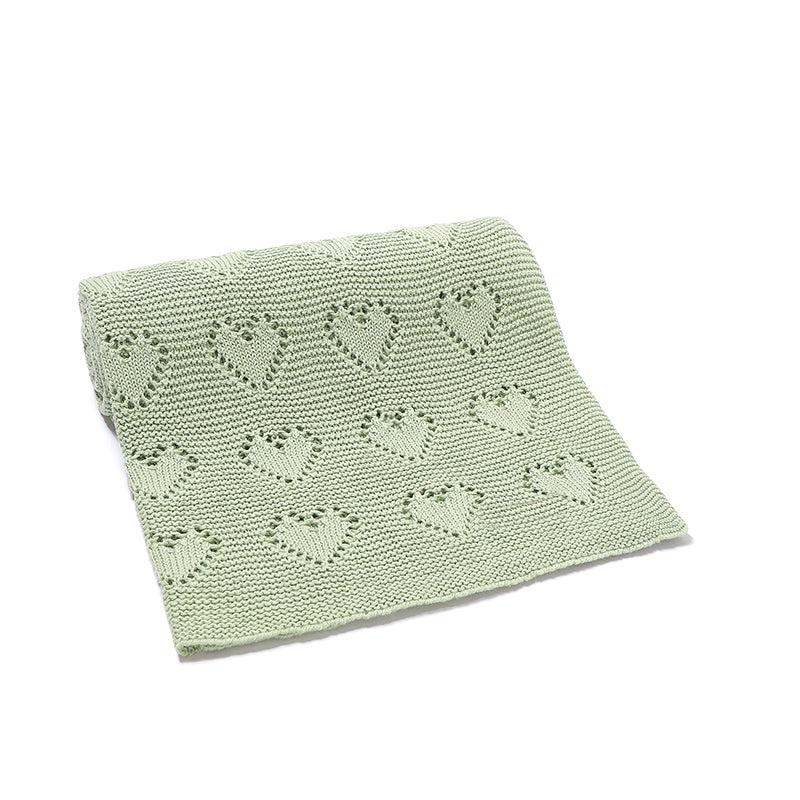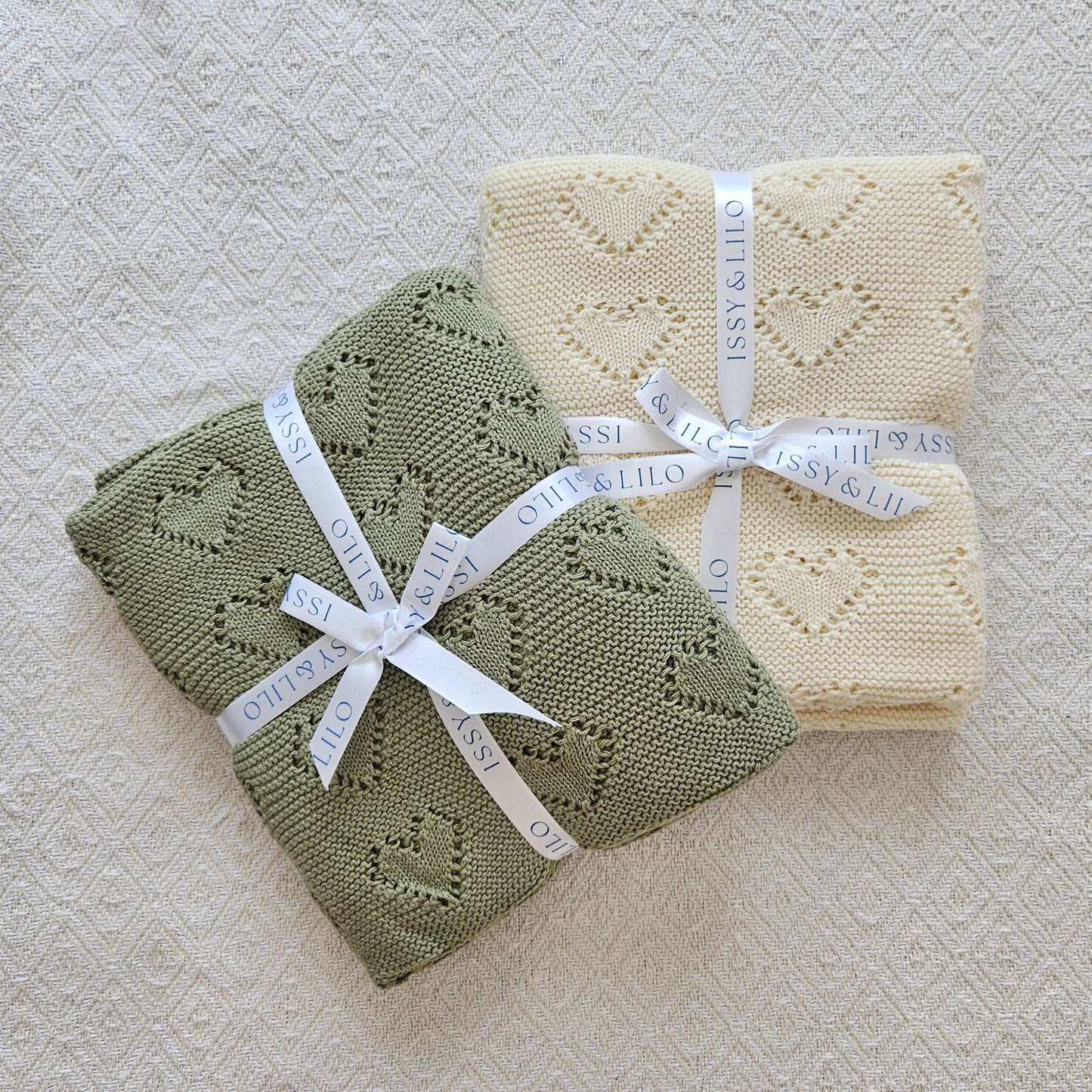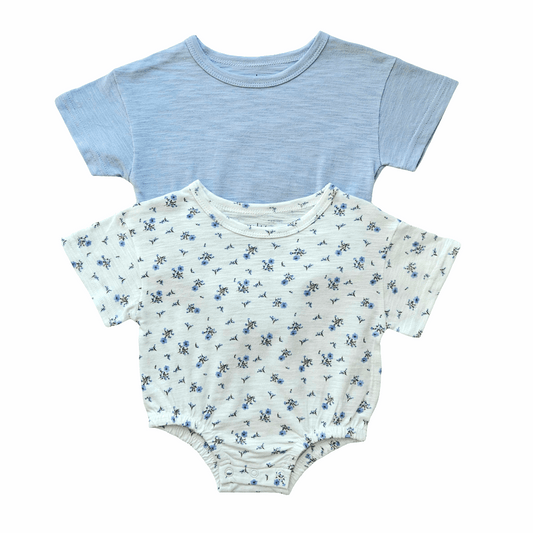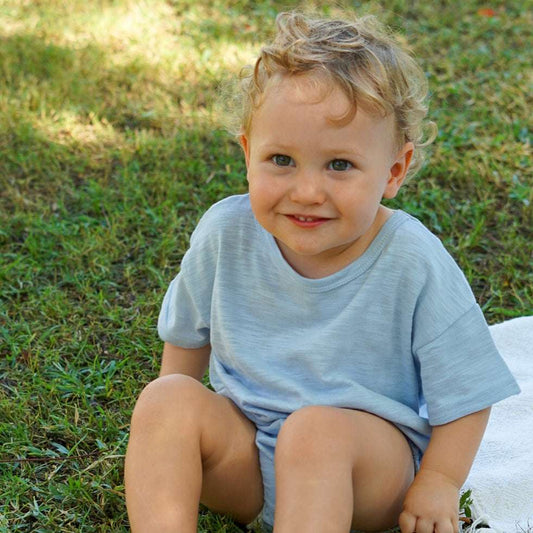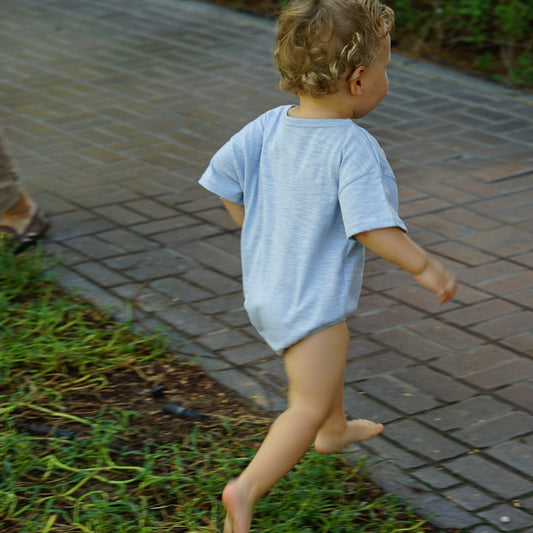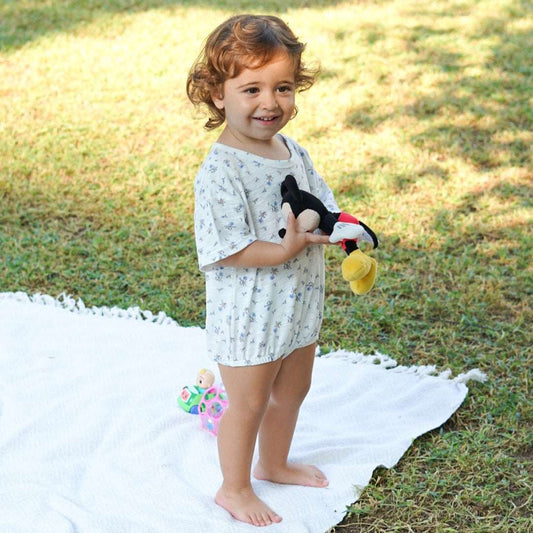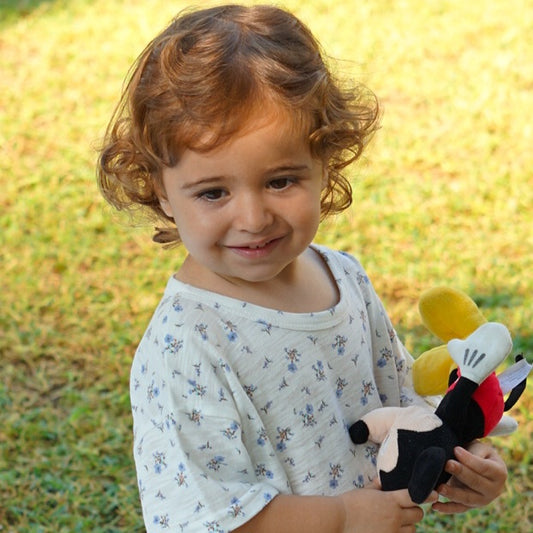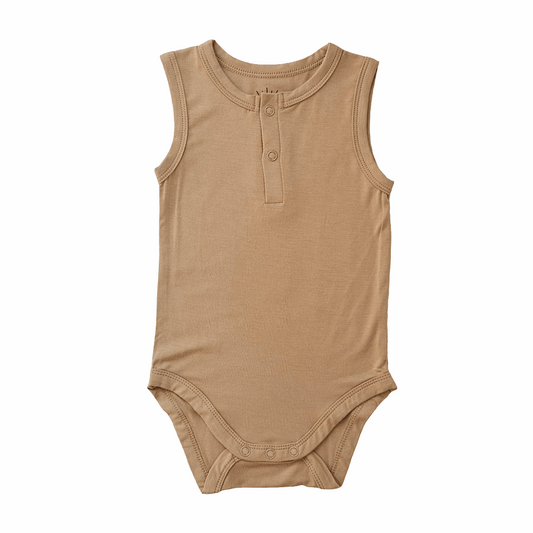Music has an incredible power to soothe, stimulate, and strengthen bonds, making it a wonderful tool for your baby’s development. From enhancing cognitive skills to fostering emotional well-being, incorporating music into your baby’s daily routine can have lifelong benefits.
In this blog, we’ll explore the impact of music on babies, provide tips for introducing tunes during sleep, playtime, and bonding, and offer practical advice for creating a playlist that supports your baby’s growth.
Why Music Matters for Babies
The sounds of music go beyond entertainment—they nurture your baby’s brain, emotions, and sense of connection. Research shows that exposing babies to music can enhance memory, improve language development, and even foster social-emotional skills.
Whether it’s a lullaby before bedtime or a lively tune during tummy time, music is a simple yet powerful way to enrich your baby’s daily experiences.
1. Cognitive Benefits of Music for Babies
Music stimulates different areas of the brain, helping babies make sense of patterns, sounds, and rhythms. This cognitive engagement is essential for early learning.
Key Cognitive Benefits:
• Language Development: Listening to songs with repetitive words helps babies recognize sounds and build early vocabulary.
• Improved Memory: Familiar tunes help strengthen memory pathways, aiding in cognitive growth.
• Mathematical Skills: Exposure to rhythmic patterns lays the foundation for numerical understanding later in life.
Tip: Incorporate nursery rhymes and songs with simple, repetitive lyrics to maximize these benefits.
2. Emotional Benefits of Music
Music evokes emotions and helps babies learn to express and regulate their feelings. It creates a comforting atmosphere, easing stress and promoting happiness.
Key Emotional Benefits:
• Soothing Effect: Gentle lullabies can calm a fussy baby and make bedtime transitions smoother.
• Bonding Moments: Singing to your baby strengthens your emotional connection and fosters a sense of security.
• Mood Enhancement: Uplifting tunes during playtime can boost your baby’s energy and enthusiasm.
Quick Tip: Sing softly to your baby during skin-to-skin bonding to create a calming and loving environment.
3. Tips for Introducing Music to Your Baby’s Routine
Incorporating music into your baby’s daily routine doesn’t require any fancy tools or instruments—just a little creativity and consistency.
For Sleep:
• Create a bedtime playlist featuring soft, soothing lullabies or instrumental music.
• Use white noise combined with light melodies to help your baby relax and fall asleep faster.
• Sing the same lullaby each night as a comforting sleep cue.
For Playtime:
• Choose upbeat songs to encourage movement and fun during tummy time or baby exercises.
• Introduce sensory activities, like shaking a rattle or tapping a drum, to help your baby connect with rhythms.
• Use music to signal transitions, such as moving from play to snack time.
For Bonding:
• Sing along to your favorite songs while holding or rocking your baby.
• Play soft background music during feeding sessions to create a cozy atmosphere.
• Introduce family dance parties to encourage interaction and laughter.
Pro Tip: Keep the volume at a gentle level to protect your baby’s sensitive ears.
4. Creating the Perfect Baby Playlist
A well-curated playlist can make it easy to incorporate music into different parts of your baby’s day. Here’s how to get started:
What to Include:
• Lullabies: Look for classics or soothing melodies to help your baby wind down.
• Interactive Songs: Choose songs with hand movements or actions to engage your baby.
• Instrumental Tracks: Gentle piano or harp music is perfect for relaxing moments.
• Cultural Favorites: Include songs from your cultural background to share traditions with your baby.
Suggested Playlist for Your Baby
Morning: Bright and Cheerful Tunes
Start the day with uplifting music that gently energizes your baby:
• “Here Comes the Sun” by The Beatles (Acoustic versions are great for mornings!)
• “Morning Song” by Jewel (Soft and cheerful, perfect for waking up.)
• “Baby Beluga” by Raffi (Fun and educational for little ones.)
• “The Circle of Life” from The Lion King (Instrumental or vocal versions can be inspiring.)
• “Somewhere Over the Rainbow” by Israel Kamakawiwo’ole (Gentle ukulele melodies to set a happy mood.)
🎵 Check out our curated Baby’s Morning Vibes Spotify playlist for soft, happy tunes to start the day!
Playtime: Upbeat and Engaging Tracks
Encourage movement and joy with these interactive songs:
• “Can’t Stop the Feeling” by Justin Timberlake (Clean and dance-worthy for toddlers!)
• “Happy” by Pharrell Williams (Bright and perfect for clapping or dancing.)
• “Let’s Go Fly a Kite” from Mary Poppins (Playful and singable.)
• “Down by the Bay” by Raffi (A fun song with silly rhymes that engage babies.)
• “Hakuna Matata” from The Lion King (A playful, carefree vibe to keep your baby entertained.)
🎈 Turn on our Baby Playtime Fun Spotify playlist to keep your little one entertained and active!
Sleep: Calming and Relaxing Melodies
Help your baby wind down with soothing, tranquil music:
• “River Flows in You” by Yiruma (Gentle piano instrumental for deep relaxation.)
• “Clair de Lune” by Debussy (A classical masterpiece perfect for calming bedtime routines.)
• “You Are My Sunshine” (Acoustic instrumental version for a dreamy vibe.)
• “Lullaby” by Dixie Chicks (Soothing harmonies with heartfelt lyrics.)
• “Weightless” by Marconi Union (Scientifically proven to reduce anxiety and promote sleep.)
🌙 Soothe your baby with our Sleepy Time Tunes Spotify playlist for gentle lullabies and peaceful melodies.
Pro Tip #1: Customize the Playlist
Mix in tracks that are meaningful to you or your culture. Babies benefit from hearing a variety of tunes, and this can strengthen emotional bonds and expand their auditory development.
Pro Tip #2: Use streaming services to explore pre-made playlists for babies or create your own to suit your baby’s preferences.
5. Encouraging Active Participation with Music
Introducing simple activities that involve music can make it even more interactive and enjoyable for your baby.
Fun Musical Activities:
• Clap and Sing: Clap your hands to the beat of a song to teach your baby rhythm.
• DIY Instruments: Use household items like wooden spoons and bowls to create fun sounds.
• Dance Together: Gently sway or dance to music while holding your baby to help them feel the rhythm.
• Storytime Songs: Pair songs with books to engage multiple senses and reinforce learning.
6. Music as a Developmental Tool
Music is more than just entertainment—it’s a developmental tool that supports your baby’s growth in numerous ways.
Social Development:
• Group sing-alongs or baby music classes teach your baby how to interact and respond to others.
Physical Development:
• Dancing to music improves motor skills and coordination.
Language Skills:
• Repetition in songs helps babies mimic sounds and eventually form words.
Quick Tip: Narrate actions while singing to add an educational layer to your musical interactions.
7. Things to Keep in Mind
While music is a fantastic tool, it’s important to use it thoughtfully.
• Avoid Overstimulation: Limit music during overstimulating times, like when your baby is tired or fussy.
• Observe Preferences: Pay attention to how your baby responds to different types of music and adjust accordingly.
• Monitor Volume: Keep music at a comfortable level to avoid harming your baby’s hearing.
Music as a Lifelong Gift
Music is a universal language that connects us, so why not start early? From cognitive benefits to emotional bonding, the role of music in your baby’s development is profound. By incorporating tunes into daily routines like sleep, play, and bonding, you can enrich your baby’s world and create memories that will last a lifetime.
At Issy & Lilo, we’re here to support your parenting journey with essentials like bamboo swaddles, playmats, and organic cotton baby clothes that help create a cozy and nurturing environment. Explore our collection and start creating magical moments with your baby today.



